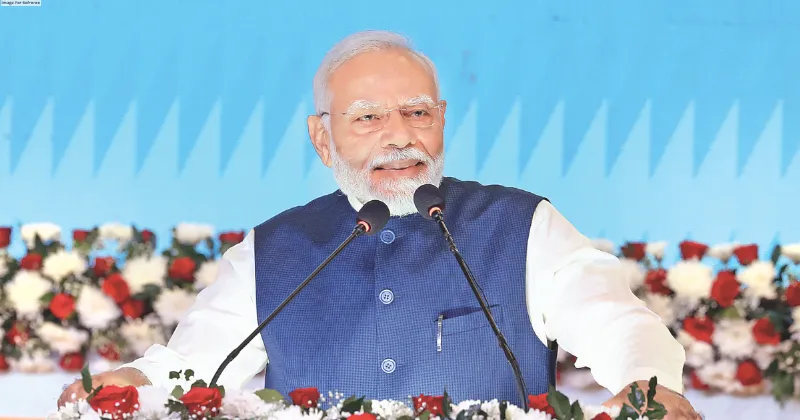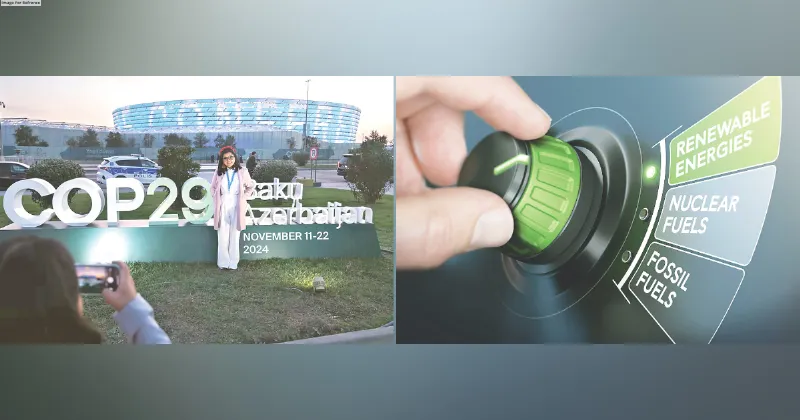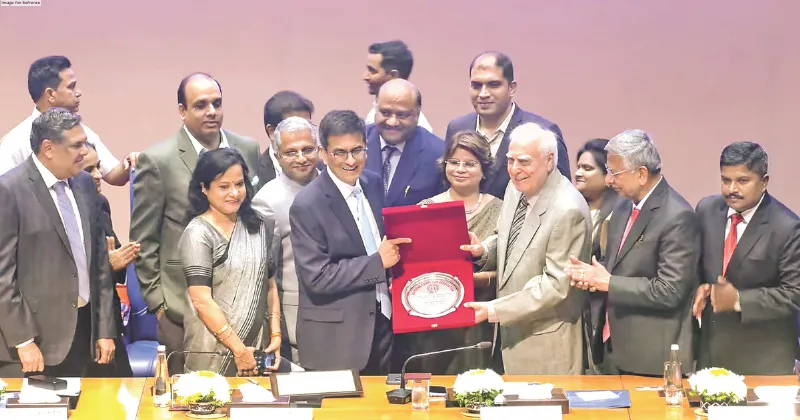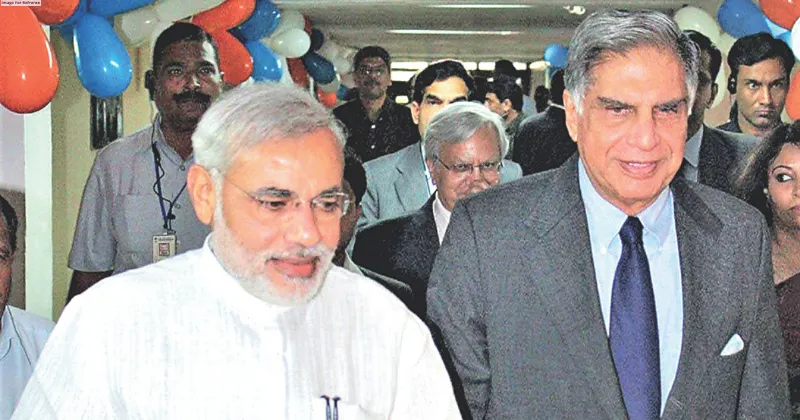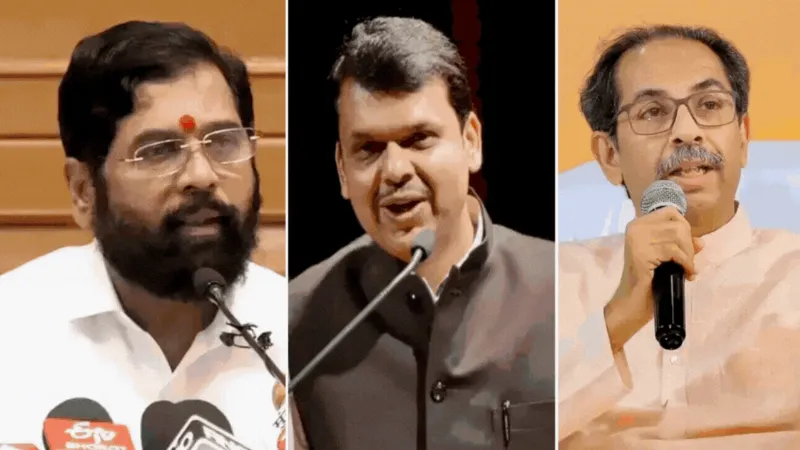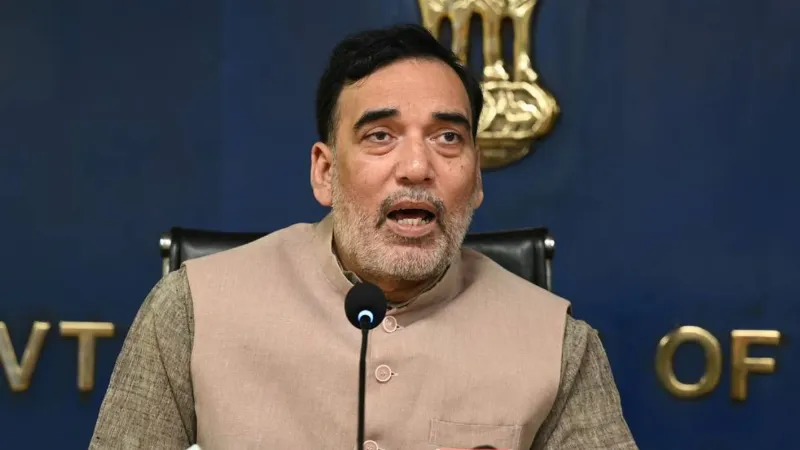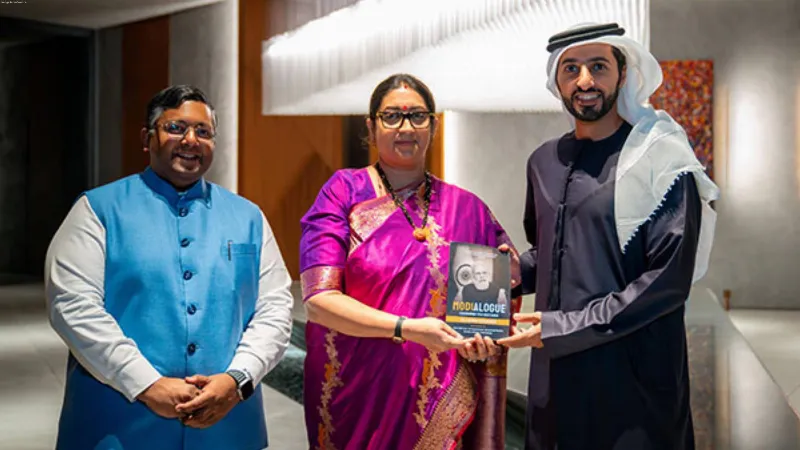GEN Z NEEDS MORE CARE, PERHAPS!

Various generations started getting their names after The Great War (World War One) when Gertrude Stein described American authors and thinkers who migrated to Europe because of the war. In her letter to Ernest Hemingway Stein described them as belonging to a “lost generation” because the values they taught seems to have lost relevance amidst the grim reality of a brutal war as America, according to these authors, became hopelessly intolerant, materialistic and spiritually empty.
After that came generation Jones or Baby Boomers born between 1955-1964, Gen X (1965-1980), Millennials (1981- 1996) and Gen Z born between 1997- 2012. The current age of Gen Z is between 11 to 26 years. Gen Z has witnessed a rapidly changing world because of strides by information technology and destruction of social life as a result of changing human behaviour. Changing social values and societal structure both are responsible for disappearing role models as overall human behaviour has become iconoclastic during last three decades. Alongwith these changes at base level, this generation has also witnessed excessive violence after 9/11 attack on American targets. Parts of Asia which were once destination of economic well-being have become den of criminals and vile politicians.
Countries like Iran, Iraq, Libya and Syria were once destination for fortune. Gen Z has seen them decimated by war and violence. Most of Africa is in perpetual conflict and now, with the Russia Ukraine conflict, Europe is also sinking low in life standard and opportunities. Exposure to sexual harrasment, assault and pornography are negatively impacting the growing brain of this generation with very weird interpersonal behavior. As the mobile device has become the preferred companion and, in many cases, perhaps the only company, such an exposure might lead to highly destructive moral ethics in the near future.
Gen Z has to cope with Covid-19 epidemic during its growing years, the sense of insecurity, fear and isolation may linger for a long period of time as the psychological support was minimal at the best. It has also suffered loss of dear ones during very critical age under very sad circumstances as there was no one to console. Absence of society at saddest moments of life may take many of Gen Z youngsters away from the very concept of society and people working in the field of psychology are encountering highly explosive behaviour trends especially in fields of materialism, sexuality, individualism and morality.
As can be inferred easily, these behaviour trends have weak foundation. This has created a very volatile situation. Many recent studies indicate a disturbing trend. As per one global study, various data collected between 2009 and 2017 indicate that rate of depression and anxiety has gone up by 47 percent in children between age group 12-13, 60 percent in 14-17 and 46 percent in adults between 18-22 years of age. One study concluded in 2018 indicates that youngsters between 13-17 years may have passed through some sorts of anxiety and depression in as much as 70 percent population of the group.
There was one more study on adolescent suicides which clearly indicated that suicide rates in young adults has gone up from 8 per 1,00,000 during 2,000 to 11.8 per 1,00,000 in 2017. Parental over expectations, peer pressure, negativity, hate coching by parents or mentors, fear creating videos and isolationist lifestyle are amongst the main culprits. Religious hate alongwith race and caste discrimination are now emerging as dangerous traits in highly confused and poorly informed members of Gen Z. Politicians, parents, mentors, thinkers all have their share of blame. The outcome can be highly destructive if the status quo is maintained.
One good thing in Gen Z is that majority of them have no stigma attached regarding their mental health but their obsession towards material gains may create hindrance to attain peace in life. Gen Z is a tech savvy generation but the world in which it is growing has turned highly confusing, intolerant, hateful and selfish. This generation, perhaps, needs more care specifically in the field of psychology, intellectualism, spirituality and social bonding. The generation has lot of potential in a significant percentage of its members but would the Baby Boomers, Gen X and Millennials be able to guide it to become a generation of constructive people or let it be decimated by desires of material gains and hateful self isolation?
THE VIEWS EXPRESSED BY THE AUTHOR ARE PERSONAL
Dr Ramavtar Sharma The writer is a Physician and Columnist

